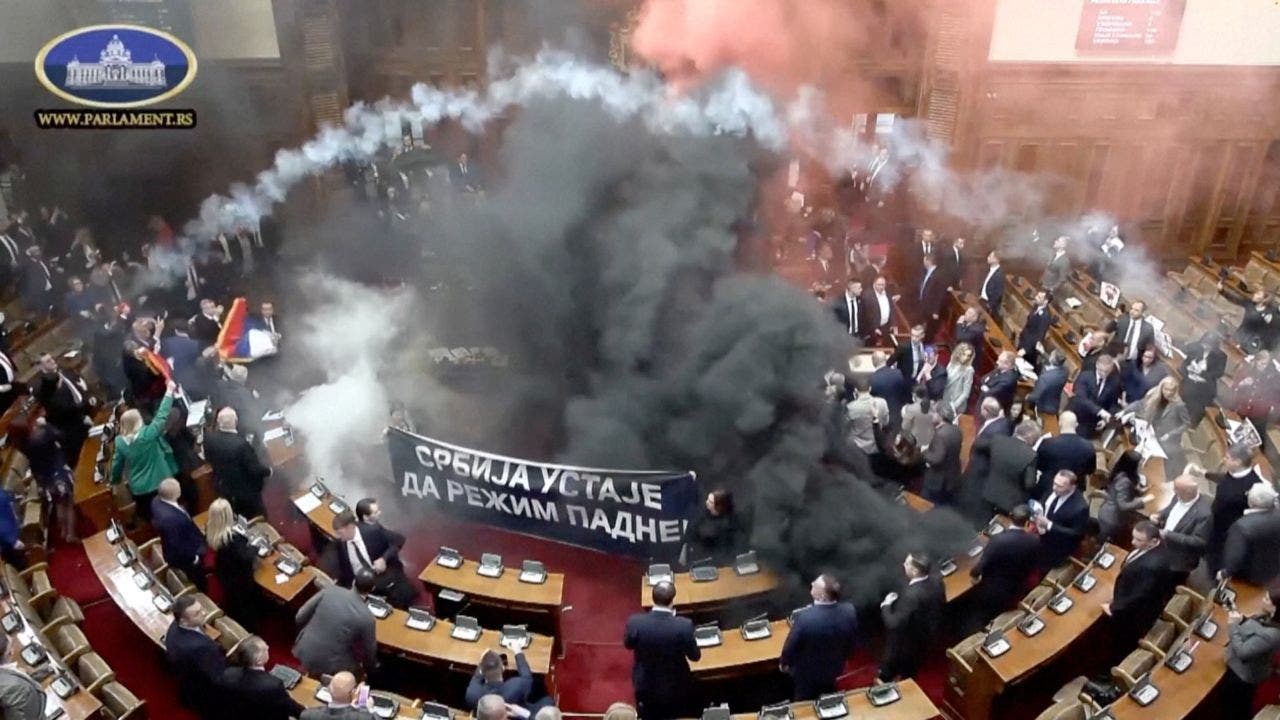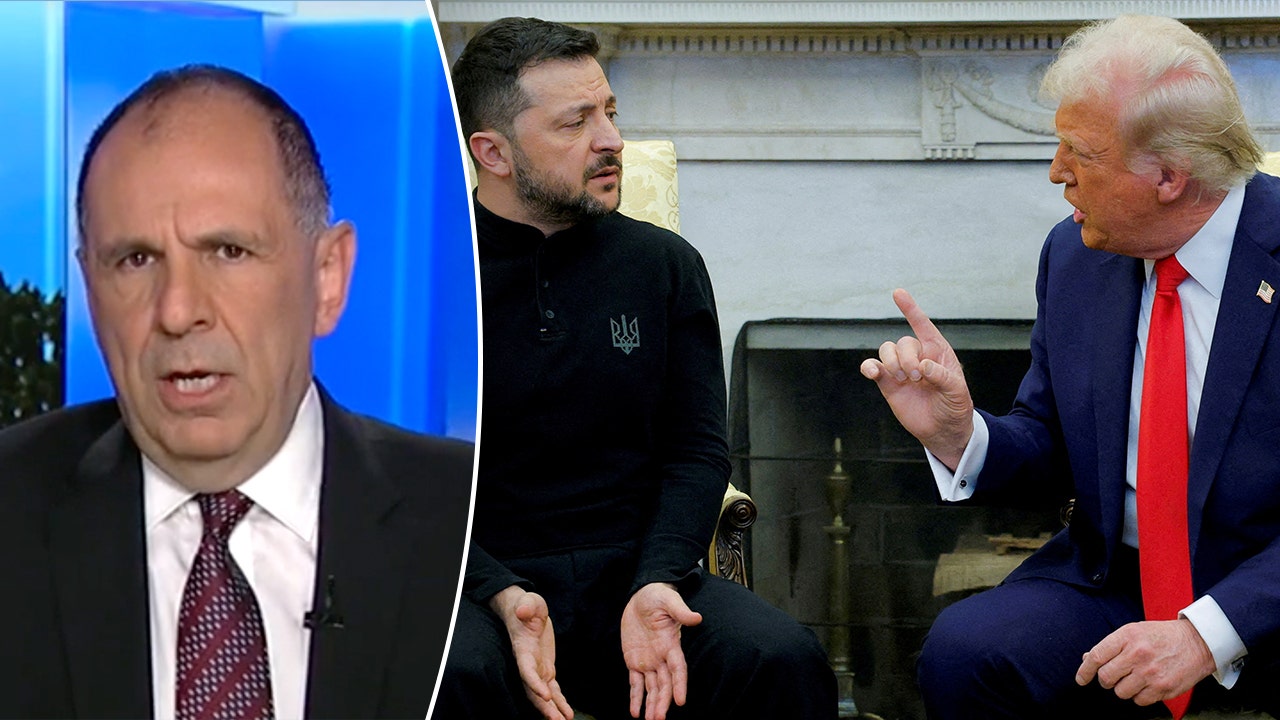A London court ruled in favor of Prince Harry on Friday in a phone-hacking lawsuit that he had brought against a British tabloid publisher, a striking victory in his bitter, long-running battle with the news media over its intrusion into his private life.
The judgment, which found that Harry and others were victims of “widespread and habitual” hacking, is a rare case in which a member of the British royal family went to the courts to seek a judgment against the press. It could have broad implications for other public figures and celebrities who have accused tabloids of tapping their phones to dig out and publish embarrassing stories.
The judge, Timothy Fancourt, ruled that there was sufficient evidence that Mirror Group Newspapers, which owns The Daily Mirror and other publications, had engaged in unlawful information gathering, including phone hacking, in its coverage of Harry and the other plaintiffs, including British television actors.
Justice Fancourt determined that the information in 15 of the 33 articles submitted by Harry’s lawyers had been unlawfully gathered, awarding the prince some 140,600 pounds, or around $180,000, in damages. He said it appeared that Harry’s personal phone was targeted between 2004 and 2009.
The lawsuit is one of a number of civil cases that Harry, 39, the younger son of King Charles III, and his wife, Meghan, have brought against Britain’s tabloid news media over privacy rights. Harry has cited the intrusion of the tabloids as a major reason he and Meghan left Britain in 2020, prompting a bitter rupture with the royal family that has yet to heal.
Even Harry’s decision to take the case to court has been divisive within the House of Windsor. Royals have tended to handle their relations with the tabloids either through private negotiations or legal settlements, as Harry’s elder brother, Prince William, did with News Group Newspapers, which is owned by Rupert Murdoch.
“I have been told that slaying dragons will get you burned,” Harry said in a statement read by his lawyer, David Sherborne, after the ruling. “But in light of today’s victory and the importance of doing what is needed for a free and honest press, it is a worthwhile price to pay.”
The ruling, the first to be handed down in three privacy-related lawsuits filed by Harry, underscores the extent to which the practice of phone hacking permeated London’s tabloids. It even continued, the judge said, during the period of the Leveson inquiry, an independent investigation of such practices that resulted in Mr. Murdoch closing one of his tabloids, News of the World.
Friday’s ruling also cast a shadow over a prominent British television personality, Piers Morgan, concluding that there was evidence he was aware of hacking while he was editor of The Daily Mirror. Mr. Morgan denied that he was involved in hacking.
Harry had accused journalists at The Daily Mirror, The Sunday Mirror and The Sunday People tabloids of targeting him and those in his inner circle by gaining access to his voice mail messages and using other unlawful methods, causing him “considerable distress.”
Most of the actions outlined in the case occurred from 1991 to 2011 while Harry was third in line to the British throne, behind his father and William.
Harry gave testimony for over seven hours in a London courtroom in June, becoming the first senior member of Britain’s royal family to take the stand since 1891, when Queen Victoria’s eldest son, Prince Albert Edward, testified in a case involving wrongdoing during a game of baccarat at which he was present.
In Harry’s testimony, he said that the negative stories about him and his family splashed across the papers’ front pages had led him to distrust even his closest friends. In written evidence, he declared that editors and journalists had “blood on their hands” because of the methods they had used and the lengths to which they had gone to report on him and his family. Harry’s mother, Diana, died in a car crash in 1997 after being pursued by photographers in Paris.
During his hours of testimony, Harry discussed Mirror Group articles about his life, some of which were written when he was in elementary school, that revealed often distressing or damaging personal details.
One included details about a time he broke his thumb at school.
“Not only do I have no idea how they would know that, but those sorts of things instill paranoia in a young man,” Harry testified, suggesting that his doctor’s phone could have been hacked to obtain the information.
Several of the stories focused on Harry’s relationship with Chelsy Davy, a former girlfriend, whom he began dating after he left school. The prince said that at one point, the pair had found a tracking device on her car.
A lawyer for the Mirror Group, Andrew Green, had pressed the prince for hard evidence that its journalists hacked his phone, and had argued that much of the information that Harry said was unlawfully obtained had been available from other sources, including from press officers associated with the royal family.
But ultimately, Justice Fancourt wrote in the 386-page ruling that there was enough evidence in almost half of the articles submitted by Harry’s team that could be linked to phone hacking and the use of private investigators, whose employment was proved by invoices. The judge said the investigators were “an integral part” of the system at the newspapers “to collect private information unlawfully and then publish it.”
Because this was a civil case, the plaintiffs did not need to confirm that there was hacking beyond all reasonable doubt, but simply that there was sufficient evidence to show it was likely.
“This is a devastating judgment” for the Mirror Group, said Daniel Taylor, a media lawyer at the London firm Taylor Hampton, who represented one of the other plaintiffs in the case, Fiona Wightman. It shows that the company “lied to a judicial public inquiry,” he said, as well as misled Parliament and the courts.
Philippa Dempster, a privacy lawyer at the London firm Freeths, said the decision was “another clear line in the sand for press standards” and showed a willingness by courts to “reach back into the past, sift through evidence” and hold people to account.
Mr. Morgan said in a statement outside his house on Friday that Harry “wouldn’t know truth if it slapped him in his California-tanned face,” and again denied that he was aware of any hacking.
He said the royal’s “outrage at the media intrusion into the private lives of the royal family is only matched by his own ruthless, greedy and hypocritical enthusiasm for doing it himself.”
There were four other plaintiffs in the case, and the judge determined that they had proved that unlawful means were used to gather information that was then published by the Mirror Group.
In a statement, the Mirror Group said that it welcomed the judgment, saying it “gives the business the necessary clarity to move forward from events that took place many years ago.”
“Where historical wrongdoing took place, we apologize unreservedly, have taken full responsibility and paid appropriate compensation,” the company said.
While Harry was awarded just over half of the 320,000 pounds his lawyers had argued he should receive, the amount represents a significant sum in the British courts, where punitive damages are far less common than in the United States, and where judges are restrained by precedent in their awards. The judge in this case cited previous lawsuits in which plaintiffs were awarded 3,000 to 30,000 pounds for individual cases of hacking, and said he had kept this in mind.
He also noted that Harry had been “much more concerned to establish the full, broad picture” about the Mirror Group’s “illegal activities than to be compensated for individual instances” of unlawful information gathering, a statement that tallied with Harry’s own comments regarding the symbolic importance of the case.
In the statement read on his behalf by Mr. Sherborne on Friday, Harry described the ruling as “vindicating and affirming.”
“This case is not just about hacking, it is about a systemic practice of unlawful and appalling behavior,” he said, adding that the most senior people in the news organization “clearly knew about or were involved in these illegal activities.”
He added that he hoped that the court findings would “serve as a warning to all media organizations” who have engaged in or considered illegal information gathering.
In late July, a judge in Britain ruled that only part of another lawsuit that Harry had filed against News Group Newspapers would go to trial in January.





